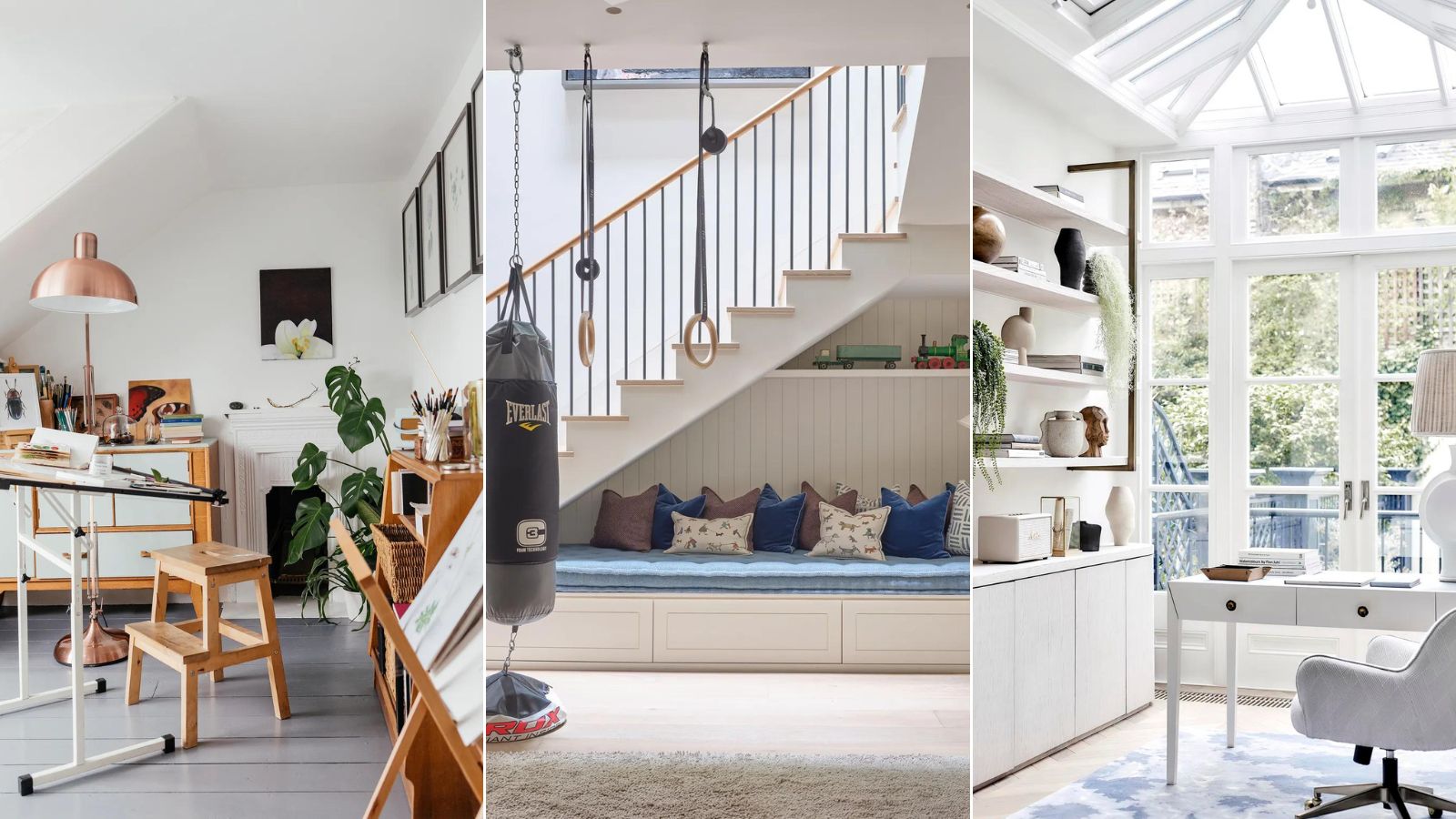
Design expertise in your inbox – from inspiring decorating ideas and beautiful celebrity homes to practical gardening advice and shopping round-ups.
You are now subscribed
Your newsletter sign-up was successful
Want to add more newsletters?

Twice a week
Homes&Gardens
The ultimate interior design resource from the world's leading experts - discover inspiring decorating ideas, color scheming know-how, garden inspiration and shopping expertise.

Once a week
In The Loop from Next In Design
Members of the Next in Design Circle will receive In the Loop, our weekly email filled with trade news, names to know and spotlight moments. Together we’re building a brighter design future.

Twice a week
Cucina
Whether you’re passionate about hosting exquisite dinners, experimenting with culinary trends, or perfecting your kitchen's design with timeless elegance and innovative functionality, this newsletter is here to inspire
Whether you’re planning to reduce your hours or stop work altogether, you’ve likely started thinking about how to organize your home in readiness for retirement. More time on your hands to enjoy an all-new lifestyle is an exciting prospect – but a pretty daunting one, too.
If you’re feeling overwhelmed, rest assured you’re not alone. Retirement is a big life change, particularly if you’re downsizing. But instilling efficient home organizing ideas ahead of time will help you feel calm and in control, making the transition a whole lot easier.
You’re not on your own with it, either. We’ve quizzed our experts for their top tips on how to futureproof your home for later life to ensure you feel comfortable and confident, ready to make this next chapter one of your best yet.
Organizing your home in readiness for retirement
Before we begin, bear in mind that what works for one retiree won’t necessarily work for another. Organizing your home with health and well-being in mind is personal, so try and ignore what others say and focus on creating a home that aligns with your individual needs and pursuits.
1. Have a vision in mind
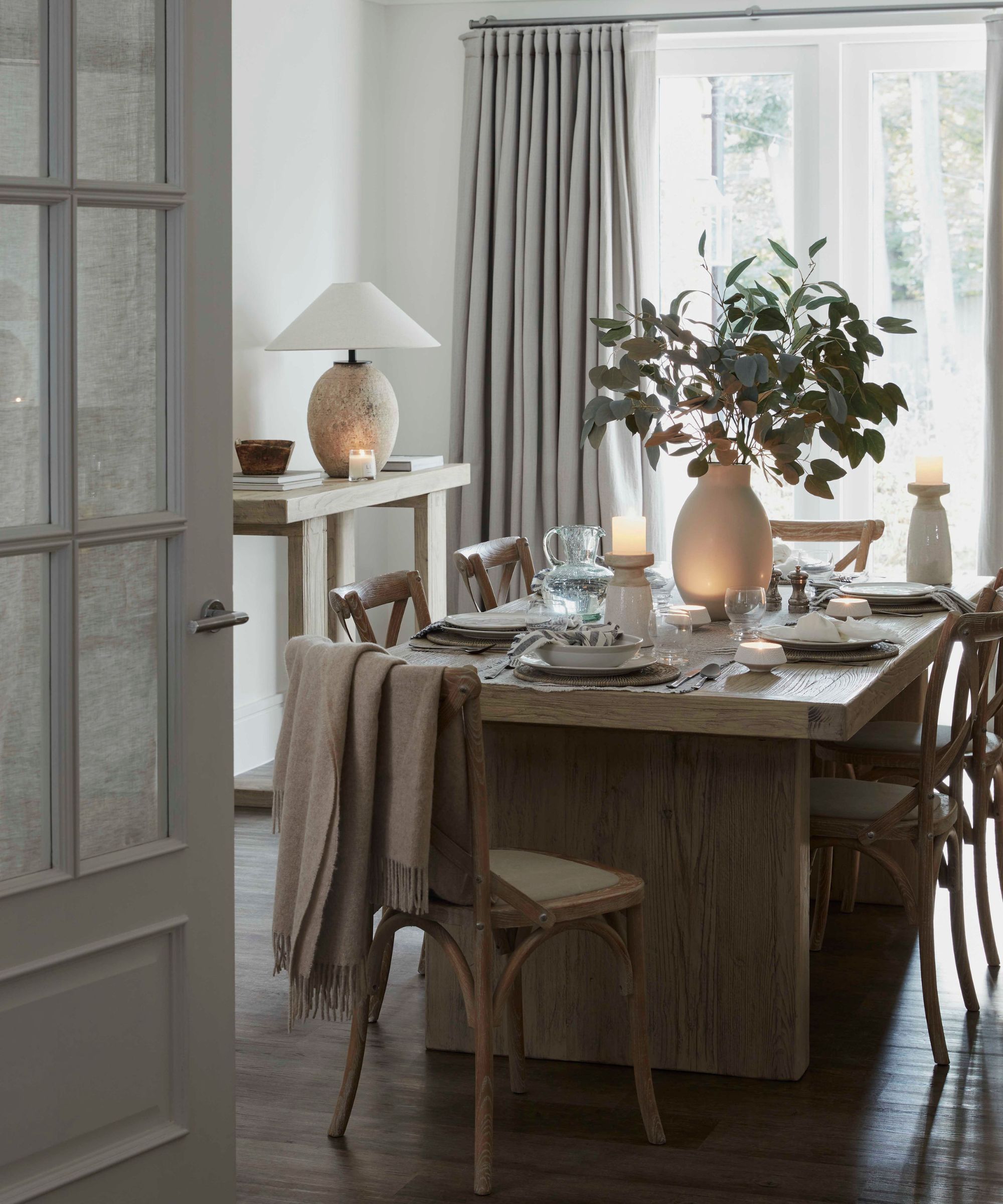
Even if you’re not planning to stop work anytime soon, know that it’s never too soon to start envisioning the life you want to lead when you do eventually retire. Early planning gives you time to explore different options, whether that be volunteering, taking up new hobbies, spending time with family, or simply enjoying a life of leisure.
‘Everyone's retirement journey is different, and how you organize your home will be dictated by this vision. If you’re planning to help out with the grandchildren, you might want to focus your efforts on organizing a home with kids in mind, for example’, says Gabriella Dyson, Head of Solved at Homes & Gardens.
2. Don’t be afraid to change things up
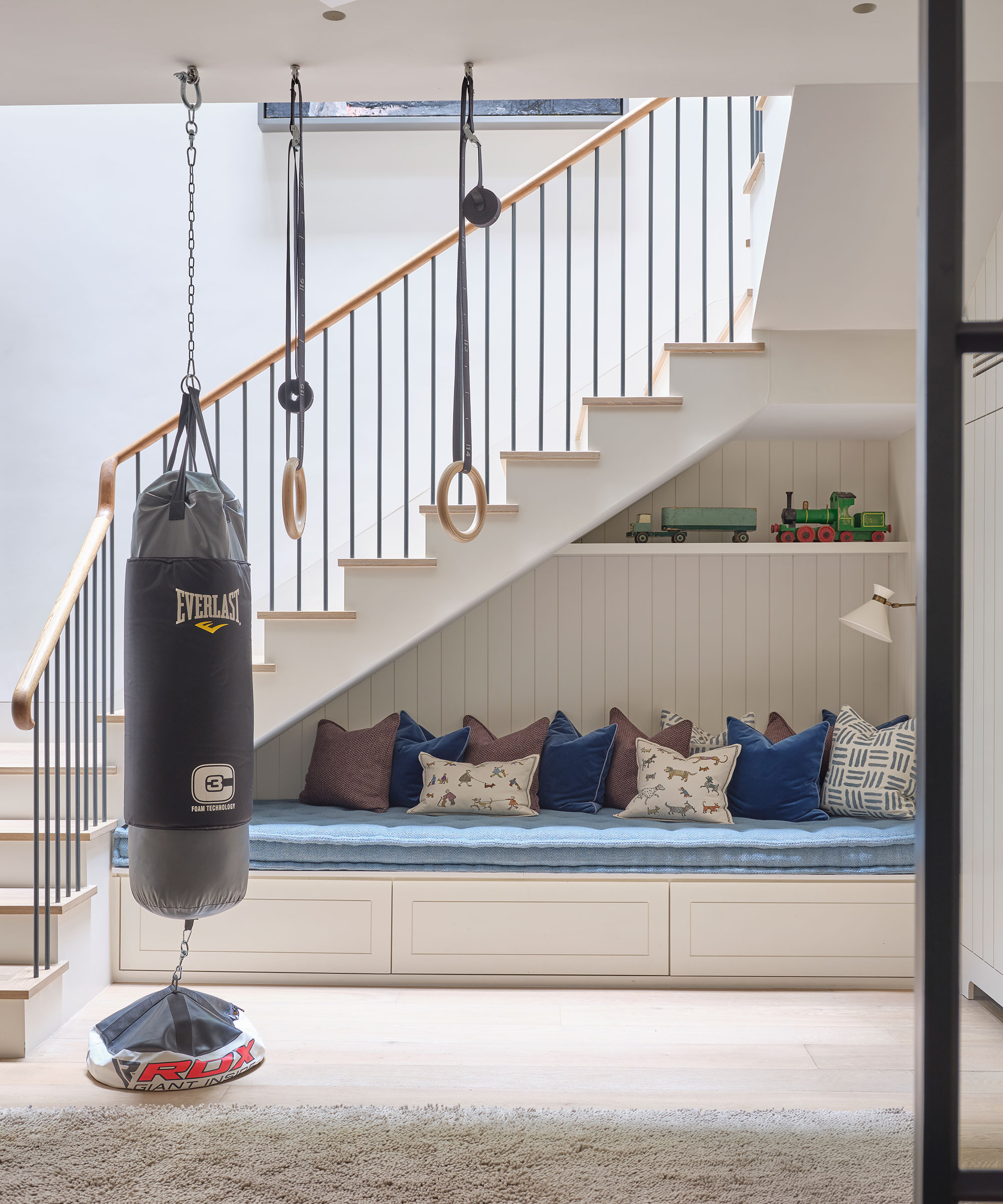
For many, retirement will result in a completely new lifestyle, one that may no longer suit your current home layout. It can be scary but don’t shy away from it – embrace the change and renovate your home accordingly.
Design expertise in your inbox – from inspiring decorating ideas and beautiful celebrity homes to practical gardening advice and shopping round-ups.
'If you no longer need a quiet home office, consider transforming it into a designated hobby space or an extra guest bedroom so you can host friends and family more regularly. If health and fitness are important to you, why not convert your basement into a home gym or invest in the kitchen idea of your dreams,' continues Gabriella.
It might feel a little scary, but it’s important to be pragmatic about the future. Take the time to consider what might work for you further down the line; open-plan living room ideas, or ground-floor bedroom ideas, for example.
3. Start decluttering
Once you’ve got an idea of how retirement will look for you, you can start to declutter. It can be a gradual process, but getting rid of items that you no longer want or need in advance of retiring means you can hit the ground running, surrounded by things that enable your new lifestyle.
‘Imagine your ideal setup and consider how that might look and feel, then when decluttering, select only those items that will help you achieve that vision. Focusing on this throughout will take the attention away from what you’re letting go of’, says professional home and business organizer Sharon McNulty, Founder of Joyful Spaces.
4. Make plans for items you no longer want
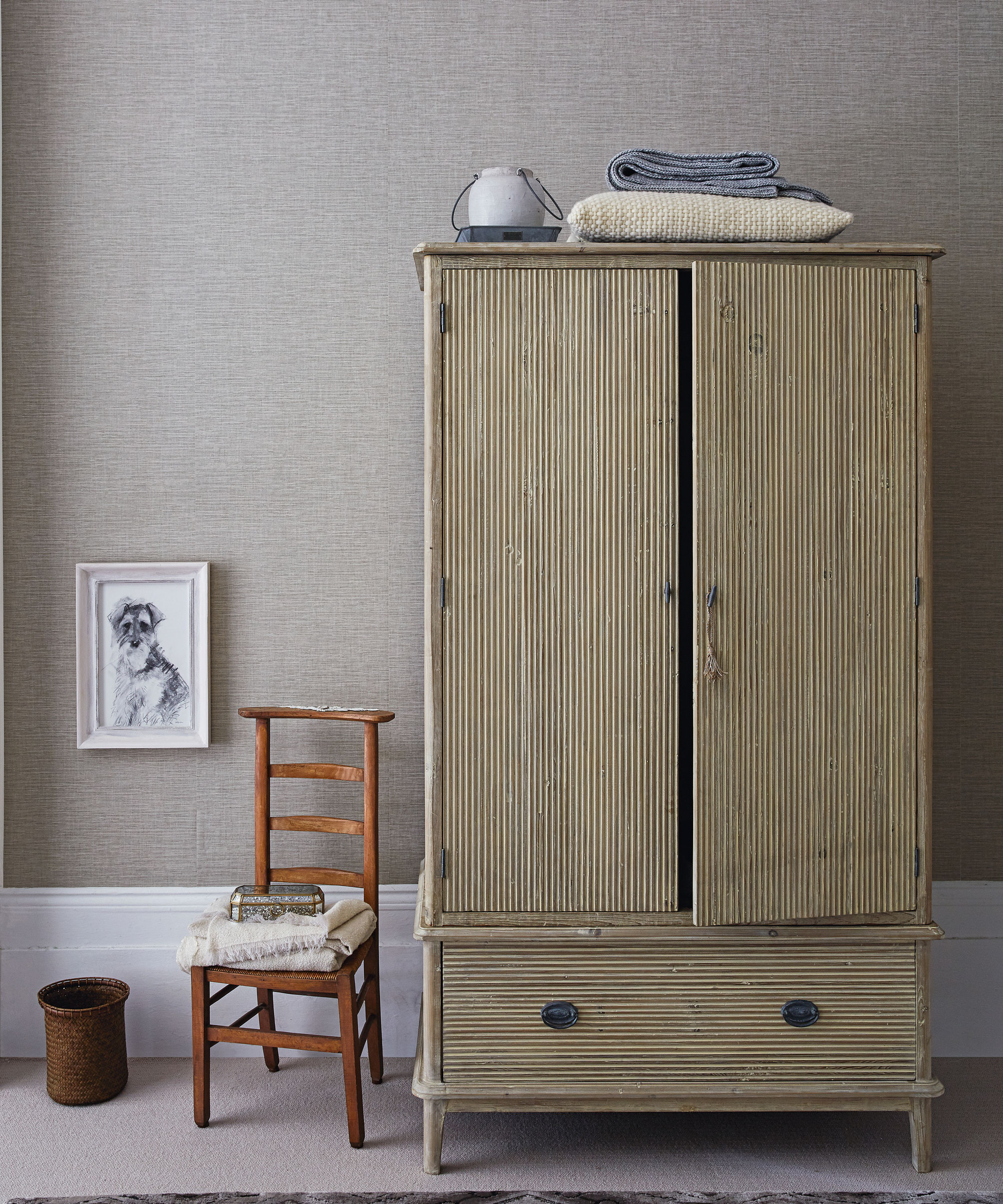
Working out what to do with items you're decluttering ahead of time will make the process a lot smoother and, when it comes to decluttering sentimental items, less emotionally draining, too.
If there are pieces you’d like to keep in the family, reach out to loved ones early on so they’ve got time to make arrangements, particularly if the item is on the larger side. For those pieces that you (or your family) no longer want, but you know you’re going to miss, consider taking photographs and creating a treasured memory book to help with the transition.
‘It’s not about getting rid of absolutely everything, but rather thinking ahead about what changes there will be in your life; the things you’ll really use, appreciate and enjoy are the things you should hold onto,' says Laura Price of The Home Organization.
Another perk of retirement is not having to wear a uniform or specific work clothes anymore. When decluttering a closet, professional organizer Shannon Krause, Founder of Tidy Nest, says: ‘we like to donate business-attire clothing to organizations like Dress for Success that provide professional attire to help women thrive in the workplace’.
5. Accommodate new hobbies
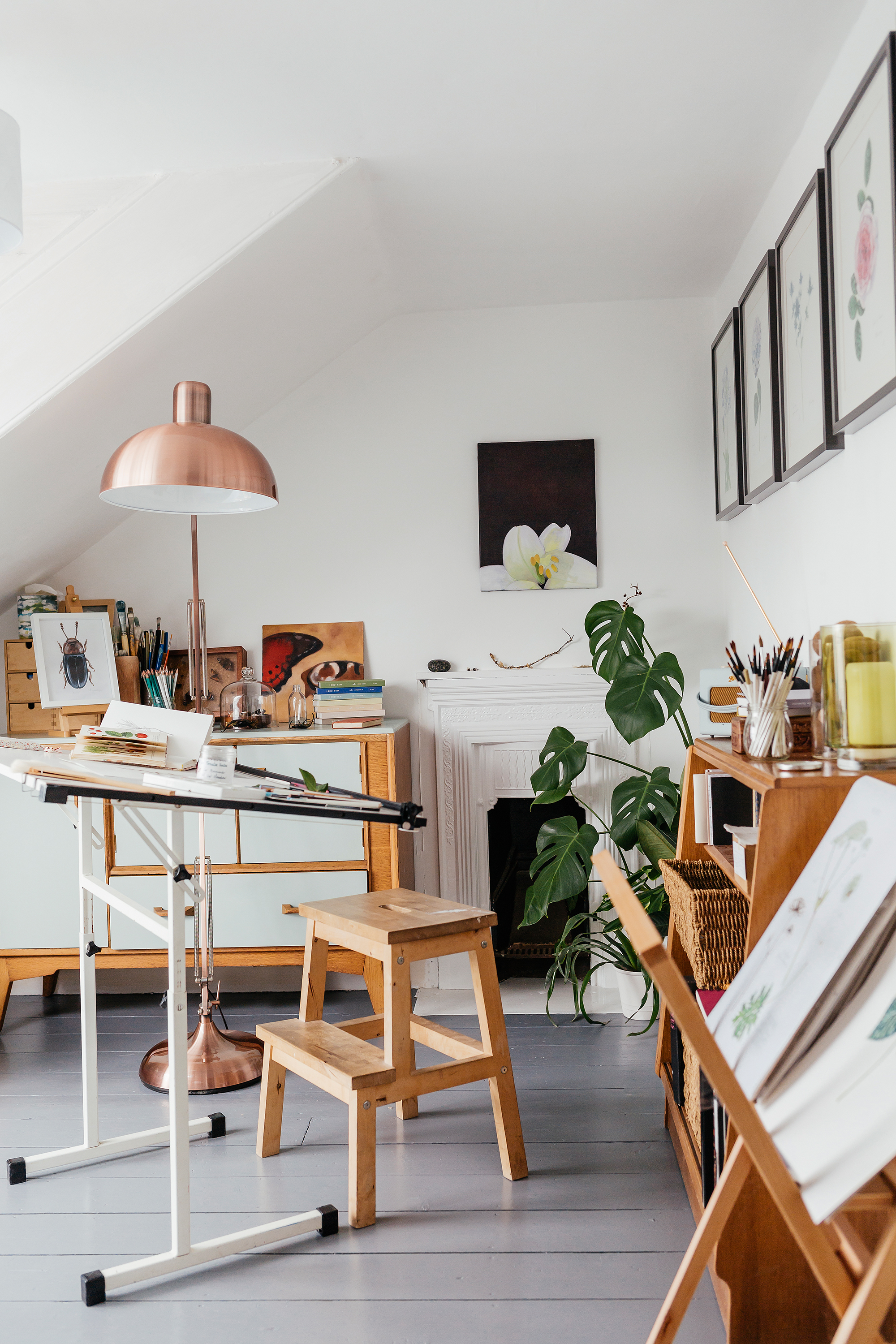
More free time means more opportunities to pursue things you love doing, so think about what items you might need more frequent access to now than you did before. Whether you enjoy crafting, gardening, cooking, or you’re planning to try a bit of everything, create designated hobby spaces with well-thought-out home storage ideas to keep clutter at bay.
Remember to bear safety, as well as ease of access in mind; avoid overfilling storage baskets and always position heavier items down low to avoid any accidents.
6. Plan to be the host with the most
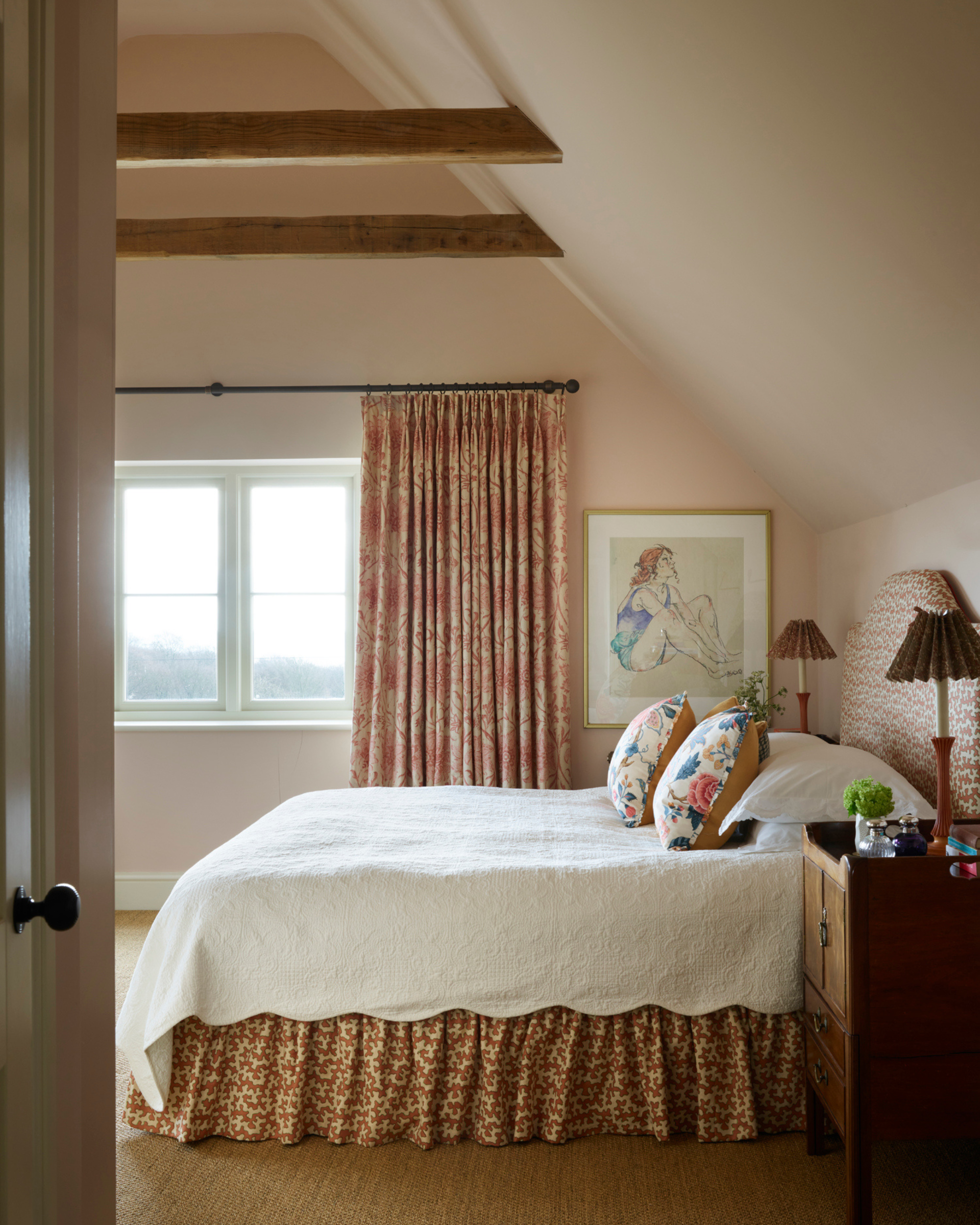
Another perk of retirement is more time for friends and family, which if they live out of town, means overhauling your guest bedroom ideas. You want it to feel welcoming, especially if they’re going to be visiting regularly, so make space for guests to store their things and invest in new bedding and towels if necessary.
To make a home feel more welcoming, take the time to think about how your social life might change and what you could do to cater for it. Planning to host dinner parties? Rethink your dining room layout to include extra seating, or design an ‘entertaining’ garden so you can host outside.
7. Get paperwork in order
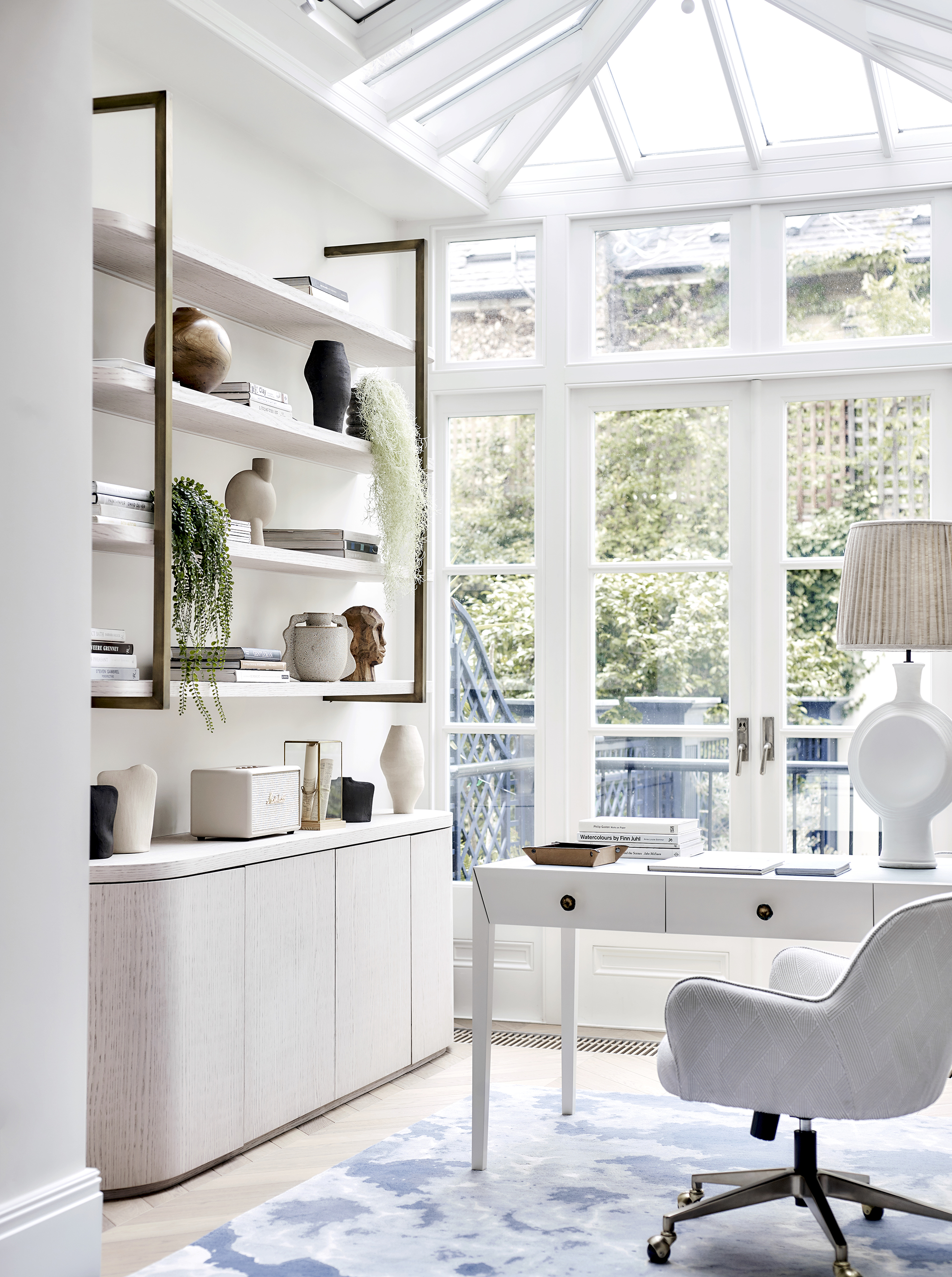
Getting rid of paper clutter is a good thing to do anyway, but especially in the lead up to retirement when you may need to access medical and financial documents more frequently.
Take the time to gather all your paperwork together and work your way through piece by piece, parting with documents you no longer need – be sure to double check you don’t need to retain hard copies before you shred anything. To help you stay on top of things, use a file organizer, like this one from Amazon, and categorize documents by type; ‘health’, finance’, ‘insurance’, etc.
‘Going digital can be a real game-changer’, says Michelle Urban, Founder of The Organized House. 'Start by scanning important documents and photographs (this will not only reduce physical clutter but also help to secure your valuable memories and records in a digital format) then opt-in for digital versions going forward.'
8. Keep things low-maintenance
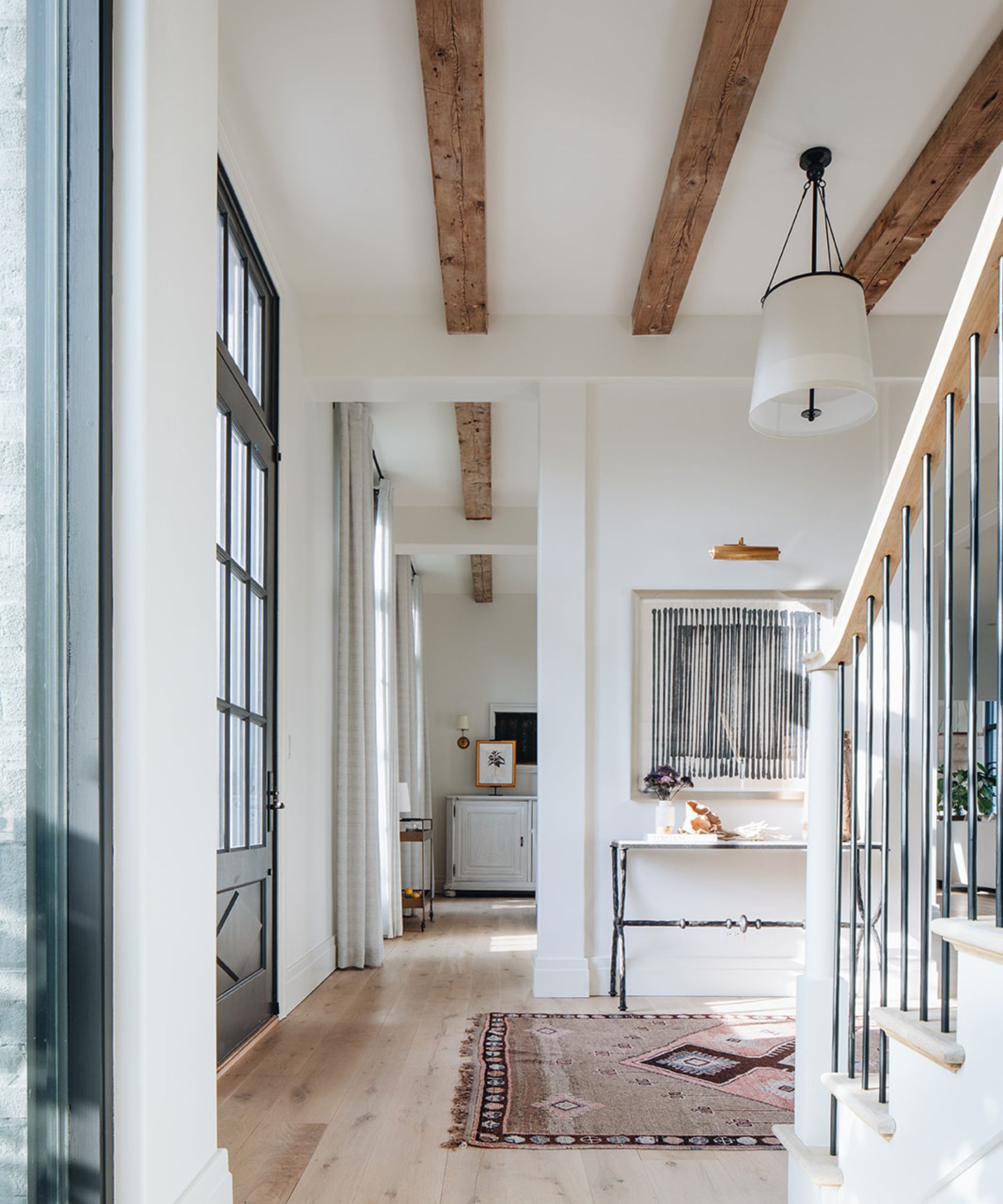
Staying on top of organization is so much easier in a low-maintenance home, not to mention it’s easier to keep clean, cheaper to run, safer to navigate… the list goes on and on! Check out our list of designer-approved features for a low-maintenance home, and bear this in mind when making design choices or investing in anything new – you’ll thank yourself in the long run.
‘If you want to simplify your home even further, integrating smart home technology can make a lot of sense. With a few taps on your smartphone, you'll have the convenience of voice-activated lighting or adjusting your home's temperature,' says Michelle Urban.
You might not need it right now, but investing in technology with special assistance functions is a future-proof move. For example, a smart smoke detector like the Good NEST from Amazon has an app that can be shared with family members who can be notified of a smoke problem even if the owner cannot hear or see the alarm.
9. Give your decor an overhaul
You’re going to be spending a lot more time in it, so knowing how to make your home feel like a sanctuary is really important. Choose happy room ideas and surround yourself with items that bring you joy.
‘Remember, the goal is to create a home environment that supports your lifestyle, promotes relaxation, and allows you to enjoy the reward of your hard work during retirement’, says professional organizer Heather Aiello, Founder of The Organized You.
FAQs
How do I declutter for retirement?
The best advice we can give is to start decluttering as soon as possible. Retiring can be a stressful process, so you don’t want to give yourself any extra pressure. This is a great time to think about downsizing your possessions, but be prepared – it can be an emotional process. To avoid overwhelm Heather Aiello, Founder of The Organized You, recommends you declutter room by room:
‘Assess belongings and consider what you truly need and cherish. Start giving items to family members who could use them. Focus on keeping items that hold sentimental value or are essential for your new lifestyle. Donate, sell, or discard items that no longer serve a purpose,' she says.
Organizing your home in readiness for retirement means that when the time comes, you will be physically – and emotionally – ready to embrace the next chapter. Say hello to the golden years!

For 10 years, Tara King worked as a Content Editor in the magazine industry, before leaving to become freelance, covering interior design, wellbeing, craft and homemaking. As well as writing for Ideal Home, Style at Home, Country Homes & Interiors, Tara’s keen eye for styling combined with a passion for creating a happy – and functional – family home has led to a series of organization and cleaning features for H&G.
